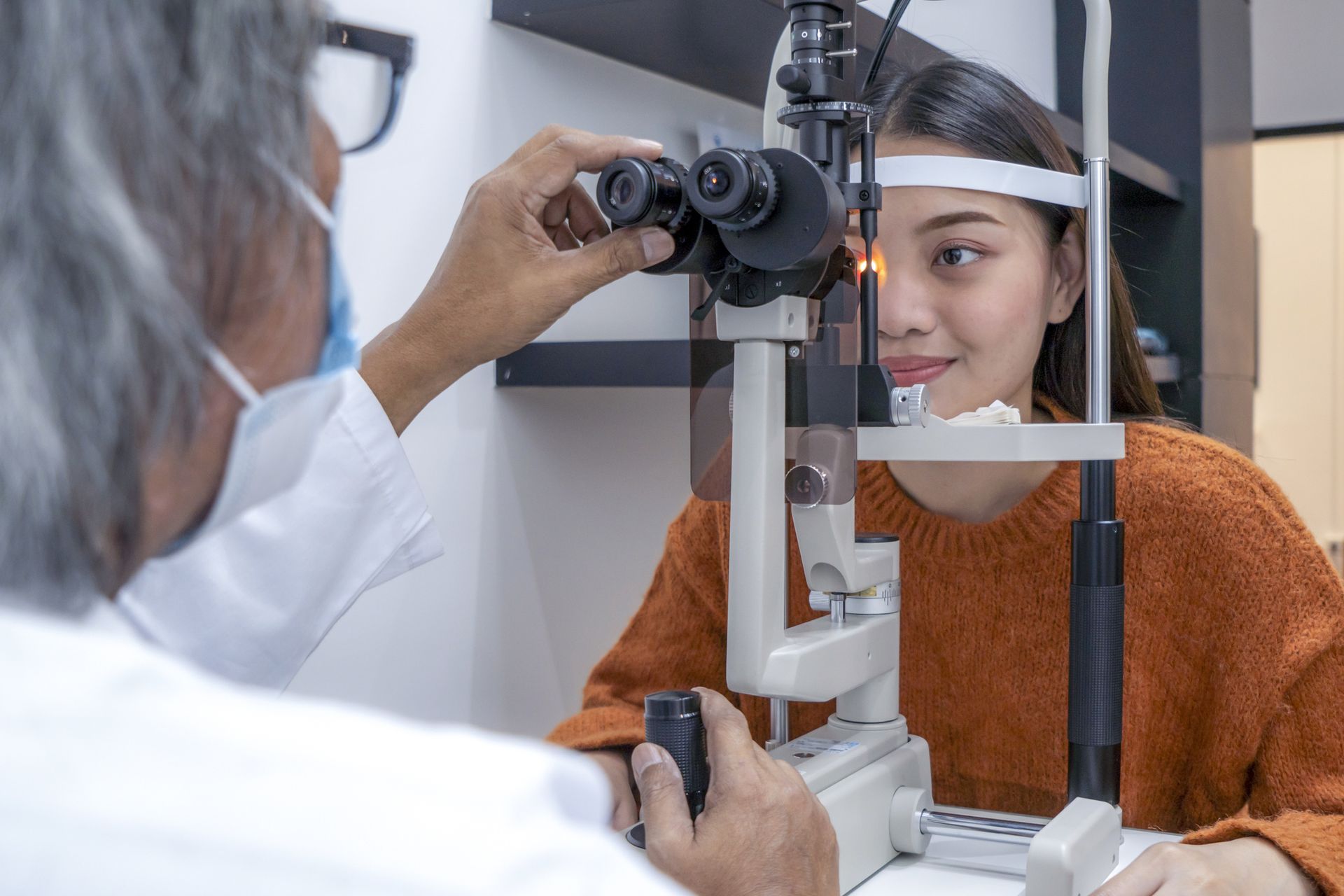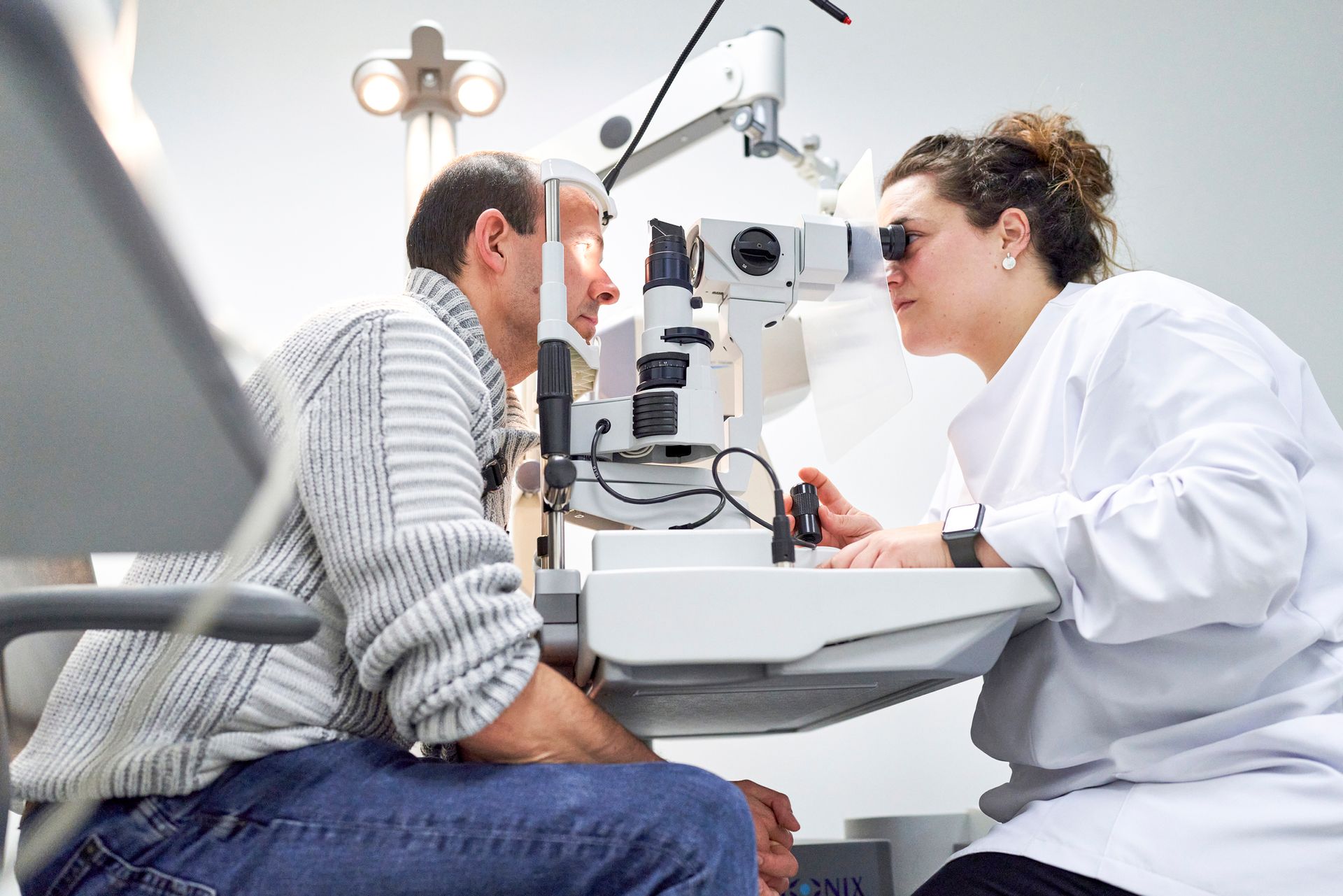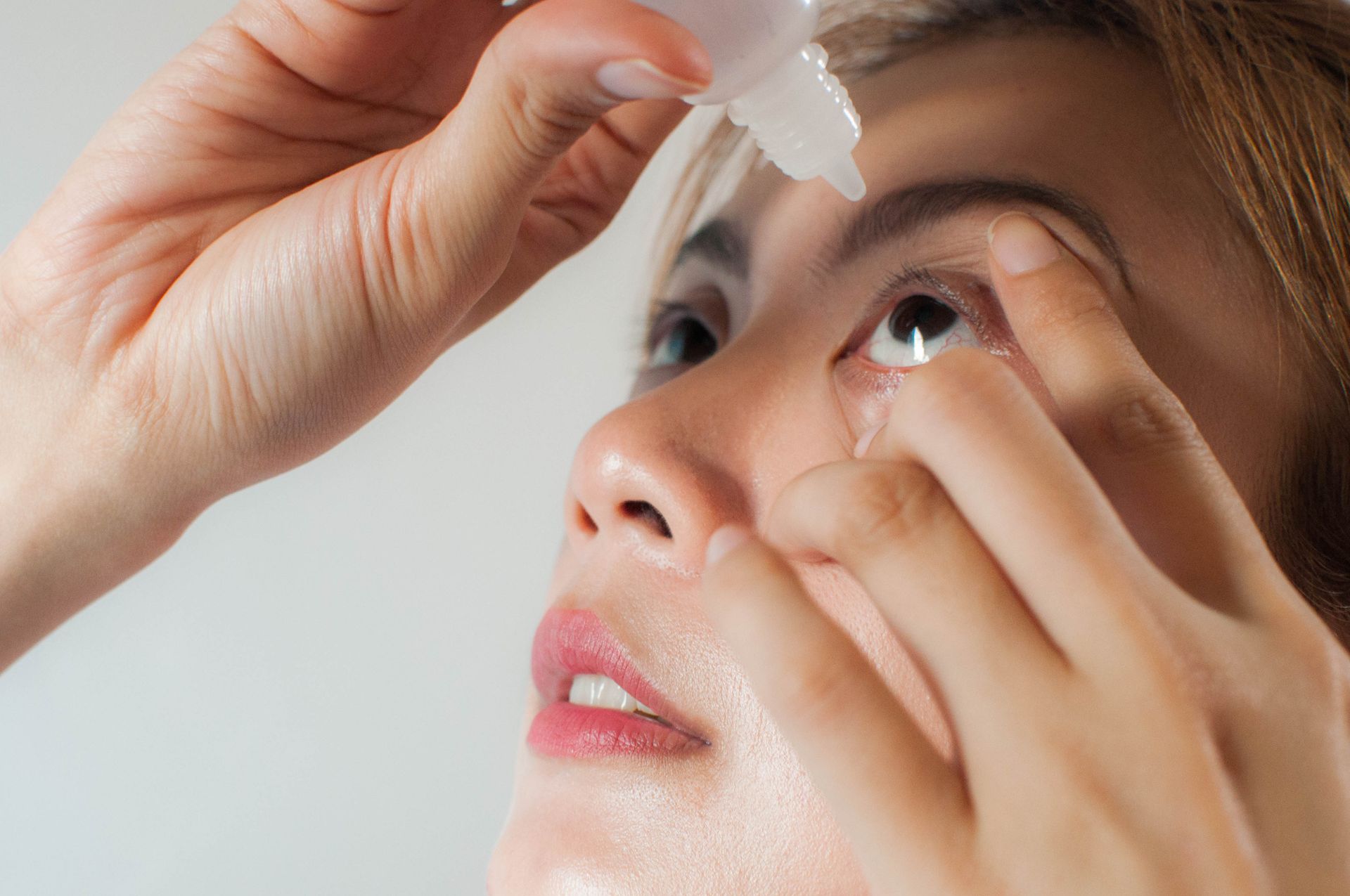Reasons Your Eyes Might Be Itchy
Itchy eyes are very uncomfortable. Perhaps the most frustrating thing about itchy eyes is not being able to scratch the itch off. Scratching aggravates inflammation and does not resolve the problem, and in some cases, will make the itch worse. You can relieve eye itchiness more effectively if you determine the cause of the irritation, then treat it accordingly.
Listed below are the most common causes of itchy eyes and what you can do to treat them.
Allergies
Allergies are the most common cause of itchy eyes. Exposure to allergy triggers like pollen, animal fur, mold, dust mites, or makeup causes itchy eyes. In response to the trigger, the body releases histamine, which dilates the blood vessels in the eye and irritates the nerve endings, which in turn causes the eyes to water.
When the eyes get red, irritated, and watery because of an allergy, that's known as allergic conjunctivitis. Although allergic conjunctivitis can occur any time of year, it is more common during certain seasons. A runny nose, scratchy throat, and sneezing are also common symptoms. Your doctor will prescribe eye drops or over-the-counter antihistamines to ease discomfort and calm the allergy.
Dry Eye
Dry eye disease occurs when your body doesn't produce enough tears to lubricate and nourish your eyes. The problem of dry eyes is common and often chronic, particularly among older adults. Diabetes and rheumatoid arthritis can also cause dry eyes.
You can use over-the-counter eye drops known as artificial tears to alleviate discomfort. In the case of chronic dry eyes, your optometrist may prescribe medicated drops.
Eyestrain
Eyestrain occurs when your eyes become tired after intensive use. Spending extended periods staring at a computer screen can strain your eyes and make them feel itchy and tired. Driving for long periods can also irritate and strain your eyes.
Periodically resting your eyes is the best treatment. If you work on a computer, follow the 20-20-20 rule
to manage eye strain. Every 20 minutes, look away from your screen for at least 20 seconds and focus on something about 20 feet away. If you have strained eyes from driving, stop and rest or switch drivers. Both techniques will benefit your eyes as they can relax, refocus, and reset.
Contact Lenses
Contact lens wearers may experience itchy eyes for a variety of reasons. Your eyes may become itchy and red if you keep your contact lenses in for too long and do not replace them regularly. The lenses can also accumulate allergens, which can exacerbate allergy symptoms.
Additionally, contact lenses that are too small, too large, or not shaped to fit your corneas properly can irritate your eyes. Your lens care solution may also contain an ingredient that can cause an allergic reaction.
Take your contact lenses out at night, clean, disinfect, and store them according to your optometrist's recommendations to prevent irritation. In some cases, switching contact lenses or contact solutions can also reduce itching.
Blepharitis
Blepharitis is a condition that causes your eyelids to become itchy and inflamed. The condition occurs when the small oil glands at the base of your eyelashes clog. Blepharitis is commonly caused by eyelash mites or lice, scalp dandruff, and skin conditions such as rosacea. Blepharitis doesn't lead to vision loss, but it can lead to conjunctivitis or loss of eyelashes.
For relief, your doctor may prescribe anti-inflammatory eye drops or antibiotics.
Depending on the cause, itchy eyes can range from mild to severe. Finding the cause of your itchy eyes will help you find the proper treatment and prevent the problem from recurring. If you have itchy eyes that persist, worsen, or do not subside when allergy season ends, see your optometrist.
Contact usat Calvert Ophthalmology Center today for treatment options if you have frequent itchy eyes.













